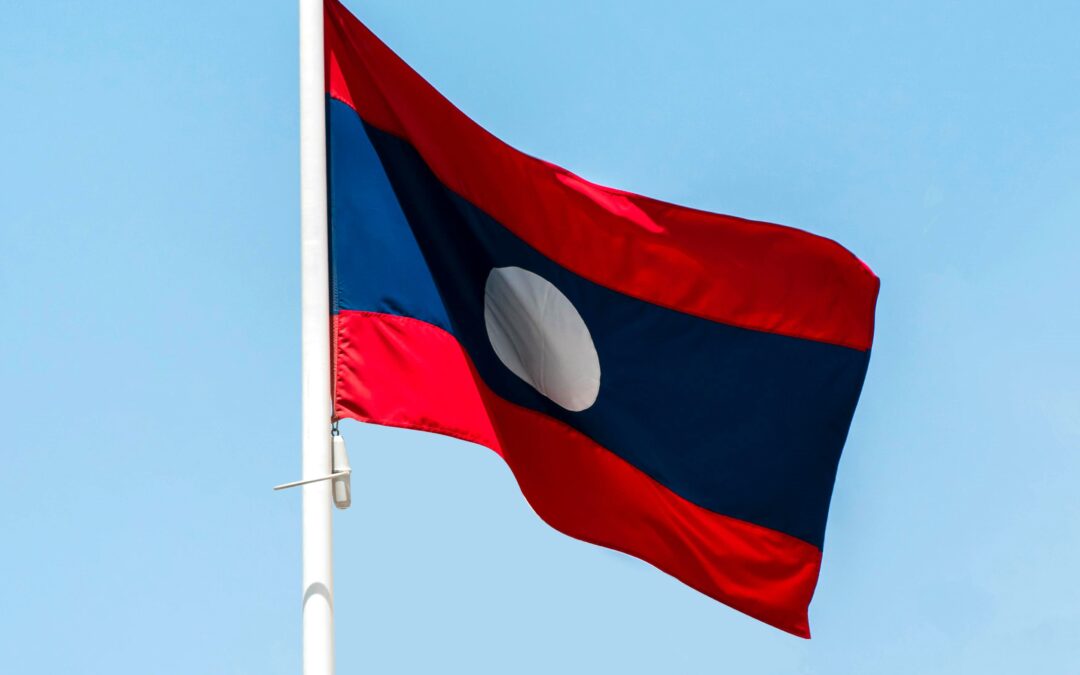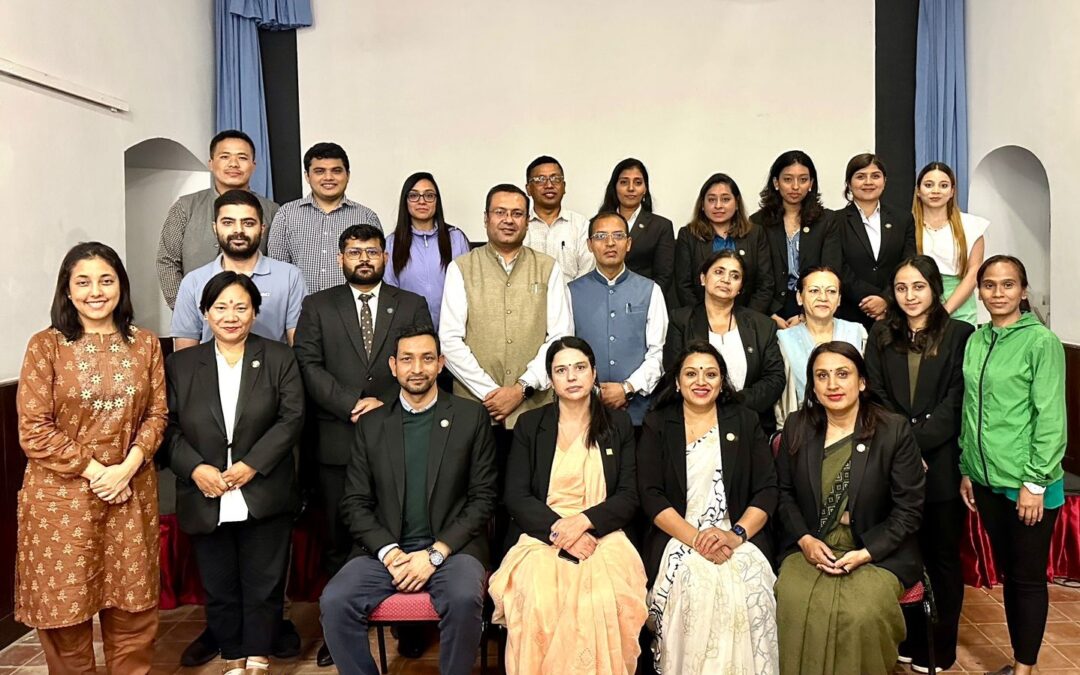


Lebanon/Israel: Stop Unlawful Attacks and Protect Civilians Now
The ICJ strongly condemns the Israeli Defence Forces’ (IDF) ongoing strikes on southern Lebanon and Beirut, which, as of yesterday, had already killed nearly 500 people, including at least 35 children. The attacks had also wounded more than 1,600, and prompted the...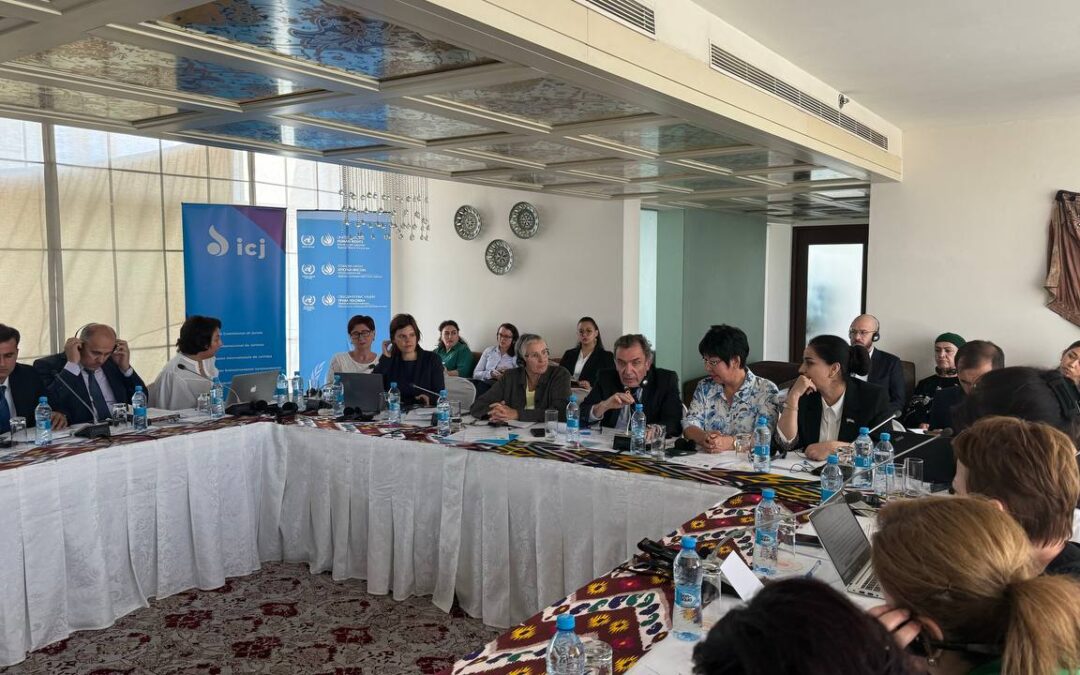
Tajikistan: ICJ concludes mission on access to justice for women survivors of gender-based violence
From 16 to 19 September 2024, the International Commission of Jurists (ICJ) conducted a mission to Tajikistan, focusing on improving access to justice for women survivors of gender-based violence (GBV). The mission was organized in collaboration with the Regional Office for Central Asia (ROCA) of the Office of the High Commissioner for Human Rights (OHCHR) and with the national organisation Rights and Prosperity in Tajikistan.
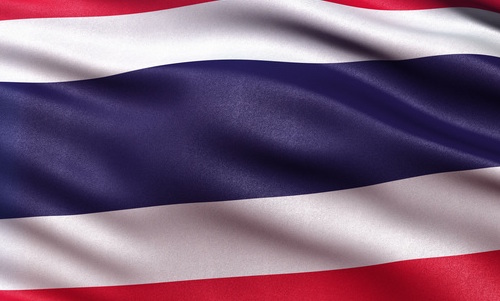
Thailand: The ICJ engages with justice sector authorities in dialogues to advance a human rights-compliant justice system
In a series of justice sector dialogues co-hosted by the ICJ, it advocated for the need to ensure that human rights are at the core of judicial processes. The dialogues, which took place on 23 August and 6 and 19 September 2024, were aimed at fostering an exchange...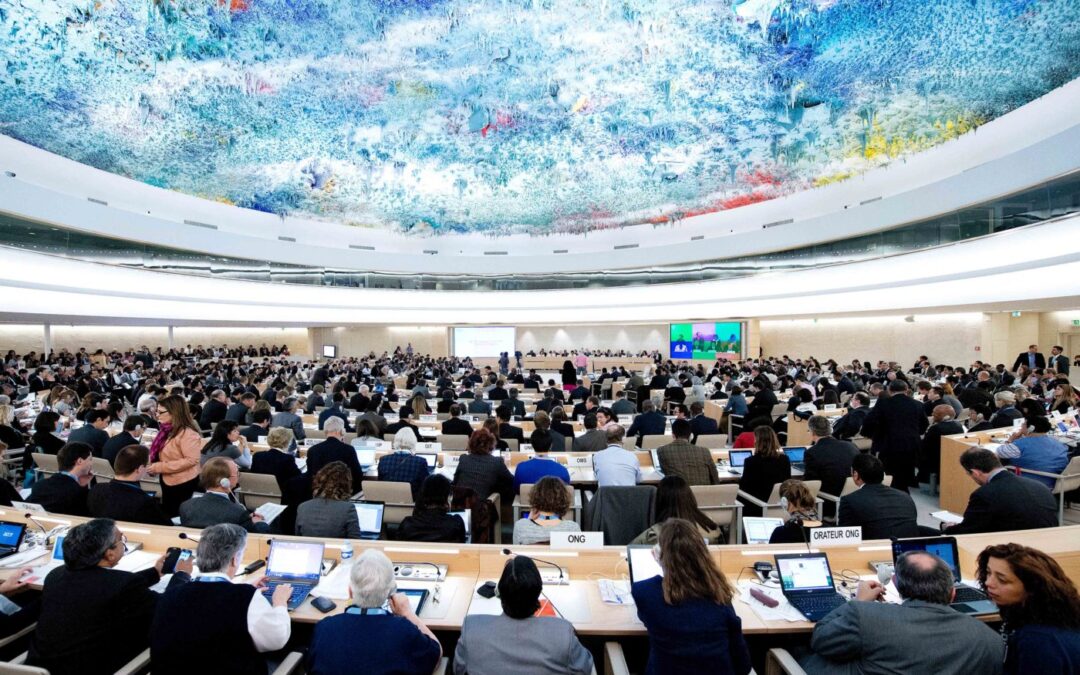
HRC57: ICJ Oral Statement on the situation in Venezuela
United Nations Human Rights Council 57th Regular Session Agenda Item 4 Oral statement of the International Commission of Jurists (ICJ) in the interactive dialogue with the Independent International Fact-Finding Mission on the situation in Venezuela 19 September 2024...